A Court of Appeals has denied a request by Verizon, Ford, and others to file briefs weighing in on the pending appeals process in the ongoing patent struggle between Apple and Motorola.
The United States Court of Appeals for the Federal Circuit handed down its decision on Thursday, forbidding Verizon, Ford, and the American Association of Advertising Agencies from participating in Apple and Motorola's patent litigation. The three firms each support Fair, Reasonable, and Non-Discriminatory (FRAND) licensing of patented technologies essential to the development of, in this case, electronic devices. FRAND is the standard meant to ensure that companies developing new essential technologies do not use patents on such technologies to exercise monopolistic control over those inventions.
Collectively, Verizon and its co-filers were calling for an end to product bans tied to standards-essential patents and urging constraints on royalty damages based on alternative technologies available when a product was being designed.
Apple had been open to the possibility of those entities participating, according to Foss Patents' Florian Mueller, but Google-owned Motorola objected to third-party stakeholder participation.
Motorola — which sued Apple over standards-essential patents — argued that even though the third parties worded their filing as if it supported neither Apple nor Motorola, their arguments were all in support of Apple. That move, Mueller wrote, meant that Motorola had to take a position that ran counter to what it had said in its opening brief.
"Google [which owns Motorola] now agrees with Microsoft [which supported Apple in an amicus brief]," Mueller wrote, "that the issues on appeal are very case-specific, while it originally claimed that Judge Posner established a bright-line rule denying injunctions to [standards-essential patent] holders."
Earlier this year, in filing an amicus brief on the case, Microsoft had argued that the setting of standards would, in itself, constitute antitrust violation if it were done so without the FRAND structure to protect others seeking to use the patented properties.
Motorola originally sued Apple over wireless technologies Motorola had patented. Apple countersued in 2010, alleging violations of touchscreen patents it held.
In 2012, Judge Posner denied Motorola injunctive relief against Apple's iPhone and other devices, which Motorola said violated patents it held. In this appeal, Motorola is seeking to reverse Posner's initial ruling, while Apple is looking to have it affirmed.
The Court of Appeals will hear Apple and Motorola's cross-appeal of Posner's decision on September 11. Legal experts have previously commented that at least some of Posner's decision will likely be reversed or vacated, due to assorted precedents.
 Kevin Bostic
Kevin Bostic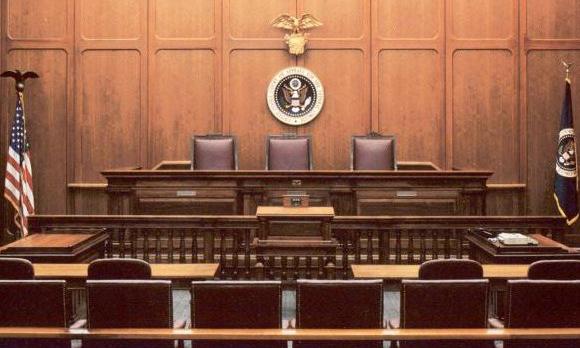

-m.jpg)





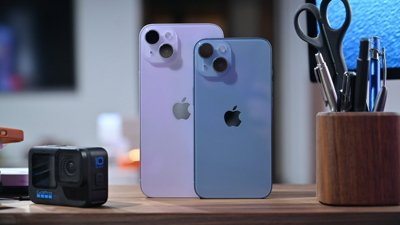
 Malcolm Owen
Malcolm Owen
 Christine McKee
Christine McKee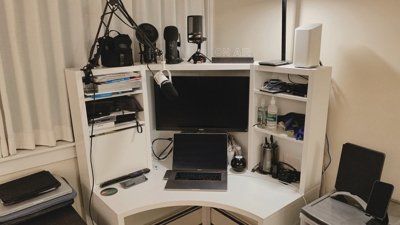
 Charles Martin
Charles Martin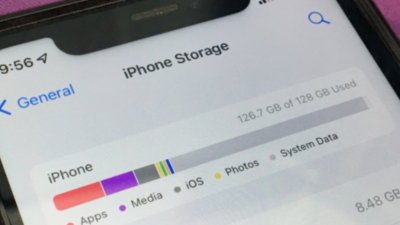

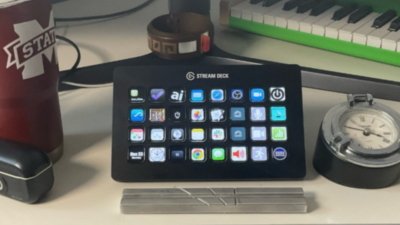
 William Gallagher
William Gallagher
 Amber Neely
Amber Neely










22 Comments
But but but Moto is run independently!
Motorola does all the dirty work, so Google can keep its hands clean.
IMHO the other parties' participation isn't really necessary. The situation with standards essential patents is straight forward, and the Office of the POTUS recently confirmed it with the veto.
Kasper's Slave would have done well to point out that the patents Apple is suing Motorola and others over are not standards essential.
[quote name="jungmark" url="/t/159182/court-denies-verizon-ford-participation-in-apple-v-motorola-appeals#post_2384254"]But but but Moto is run independently![/quote] Neither the filings nor comments were made by Google despite how FOSSPatents reports it. It was a Motorola (MM) lawsuit when it started and is still a Motorola (MM) lawsuit three years later. Google has never made any comments or filings in relation to it AFAIK. Something no one seems to pay attention to is that the only new IP lawsuit that Motorola Mobility filed after Google purchased them last year was quickly withdrawn just weeks later. http://forums.appleinsider.com/t/153074/motorola-surprises-by-withdrawing-entire-itc-complaint-against-apple/80 IMO that probably [B]was[/B] at Google's insistence and over Motorola Mobility's objections. MM very obviously thought it was a good idea in August. Six weeks later the 7 (apparently non-SEP) patent infringement claims were dropped without any explanation. If Google's intent was really to attack Apple using MM as a proxy those 7 new claims would not have been withdrawn. Common sense isn't it? No doubt Google could insist this old inherited one be dropped too, but with Apple continuing it's claims what would be the wisdom, legal or otherwise, in MM dropping their half of it before it plays out? Google would be choosing to cause potential harm to MM by insisting they stand in a clearing and take a bullet. ( ;) ) BTW, even when Motorola originally filed the case in 2010 it wasn't asserting just FRAND-pledged IP. It just happened that the other claims have been trimmed in previous rulings so that what is left now is an SEP. With luck this will all be done and over in a few weeks anyway with no new cases waiting. This is just the tail-end of an old lawsuit that shouldn't have happened in the first place IMO.
[quote name="Gatorguy" url="/t/159182/court-denies-verizon-ford-participation-in-apple-v-motorola-appeals#post_2384308"] Neither the filings nor comments were made by Google despite how FOSSPatents reports it. It was a Motorola (MM) lawsuit when it started and is still a Motorola (MM) lawsuit three years later. Google has never made any comments or filings in relation to it AFAIK..[/quote] Baloney. While you might have been able to make that argument over the original lawsuit (although it would have been a silly argument since Google could have stopped the lawsuit at any time if they had wished), the argument is completely false now. Motorola was 100% owned by Google at the time that the appeal was initiated and therefore, Google is responsible for the appeal.